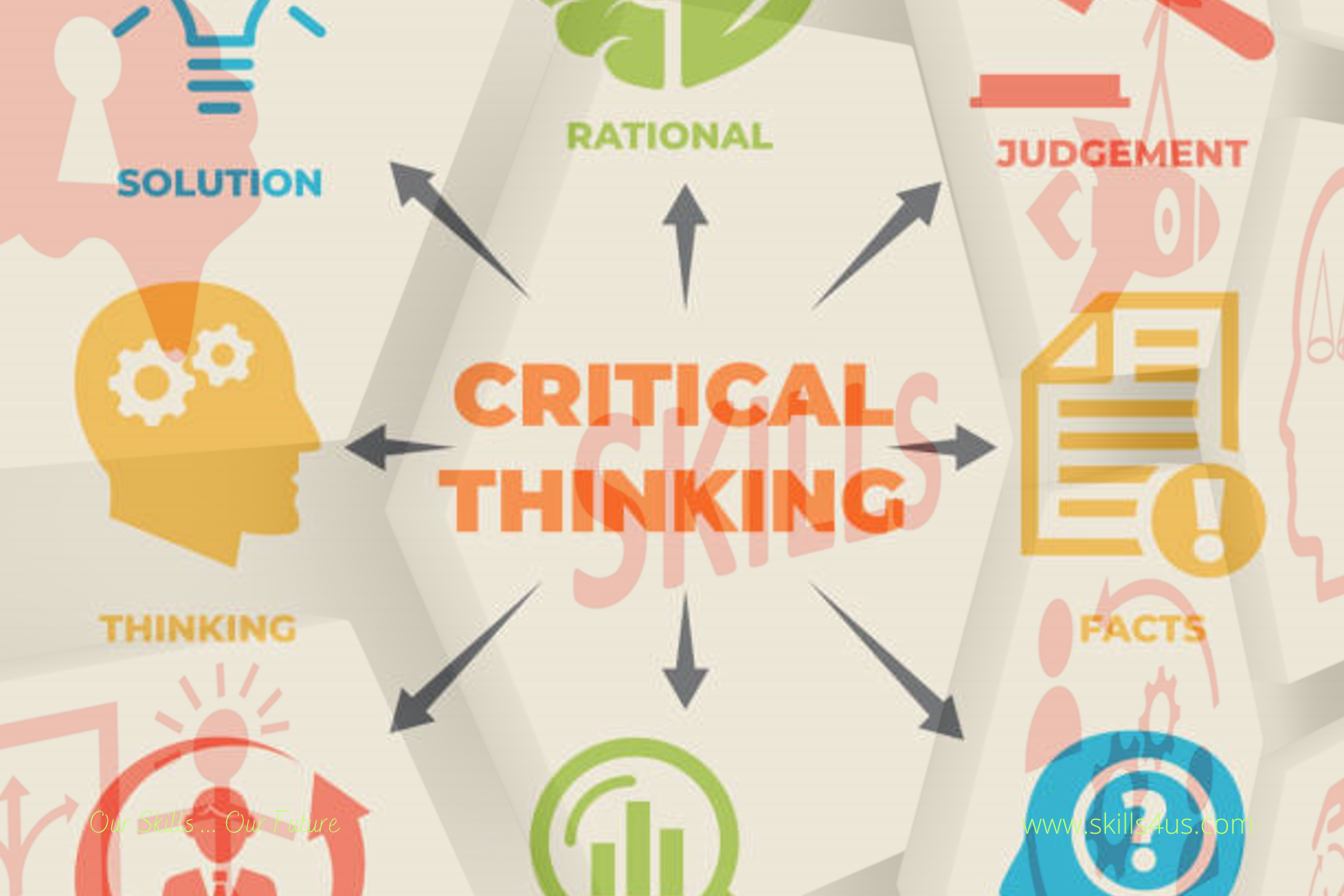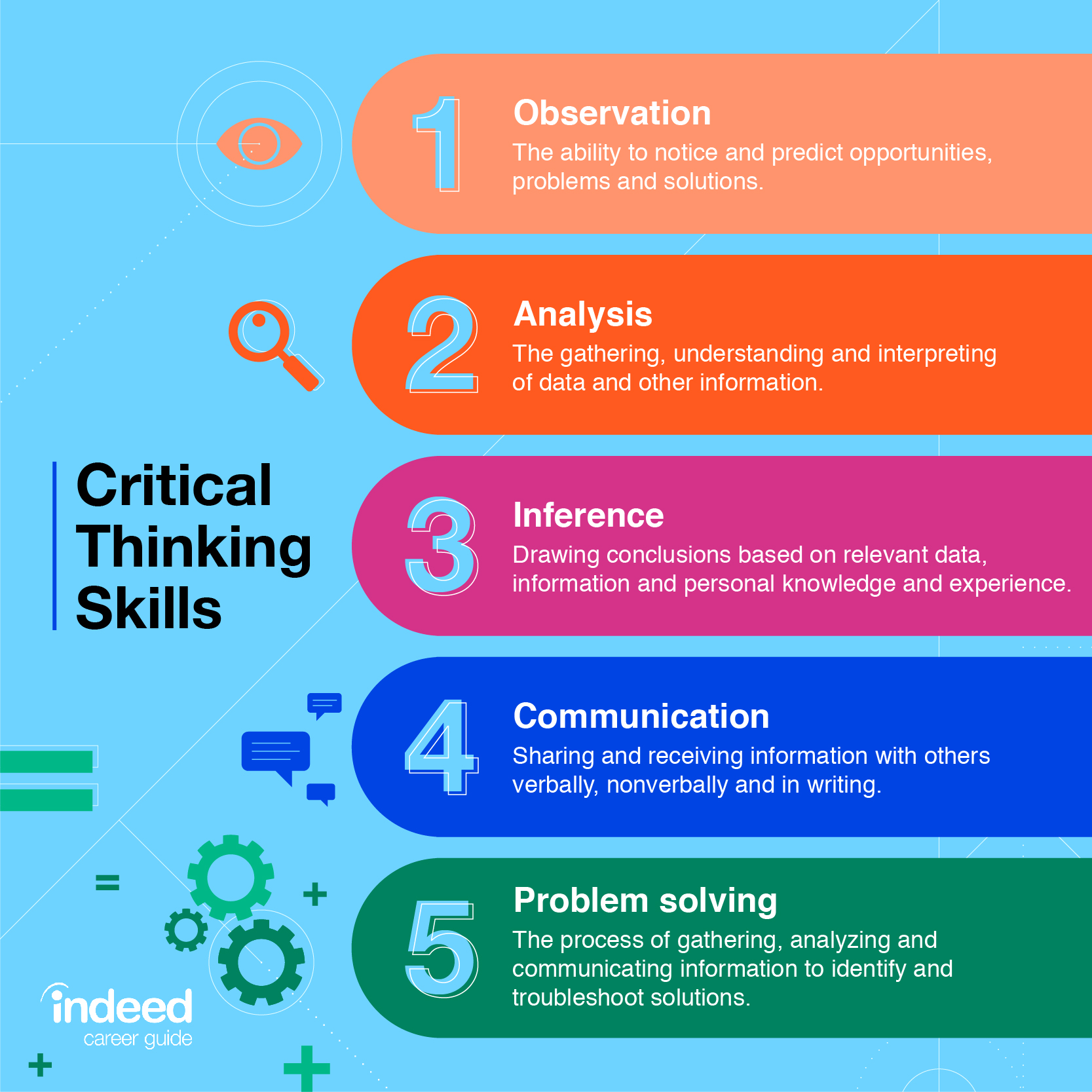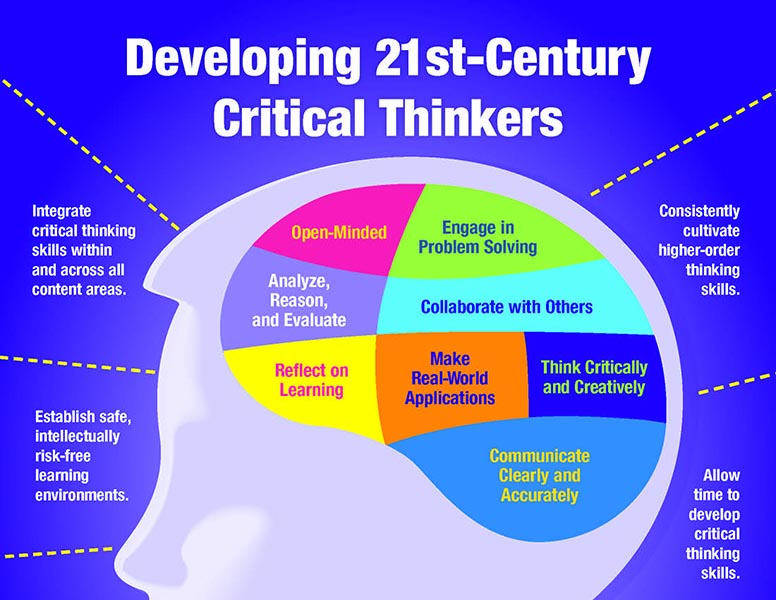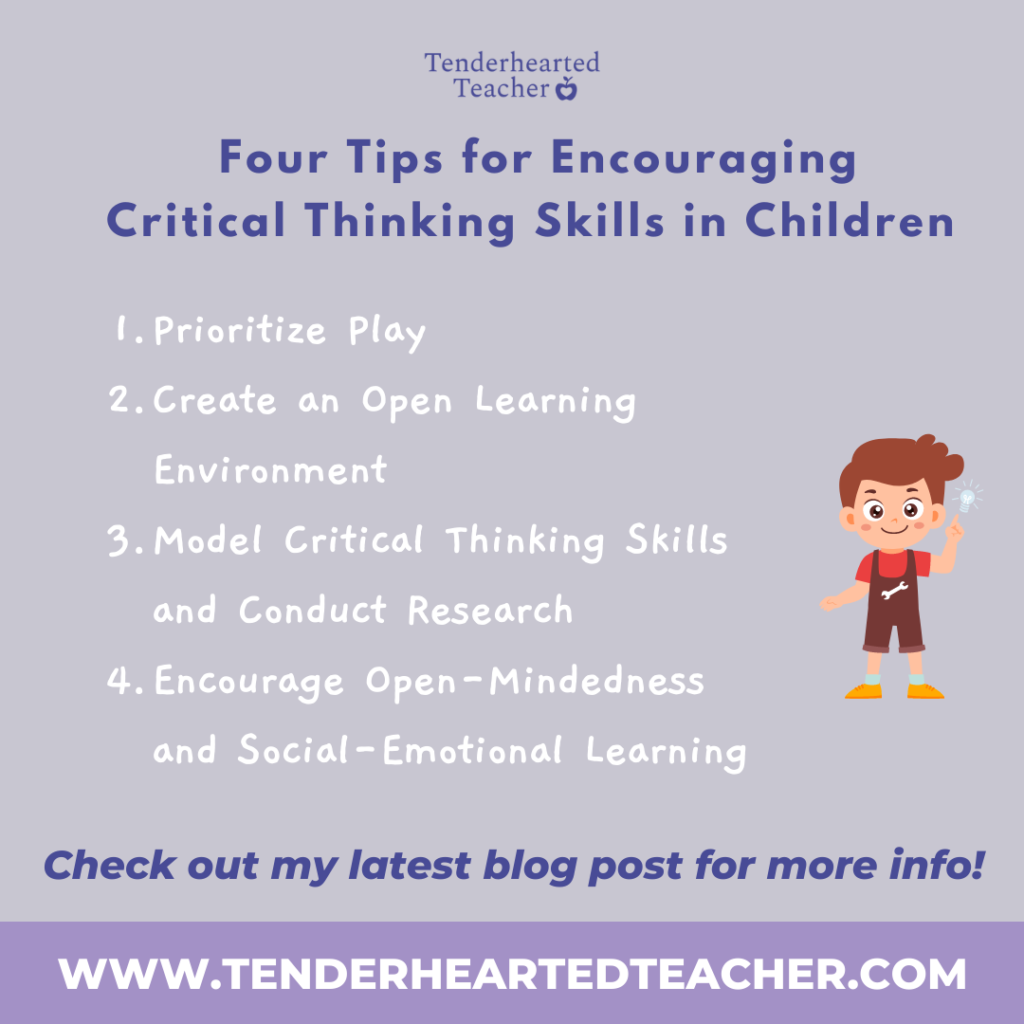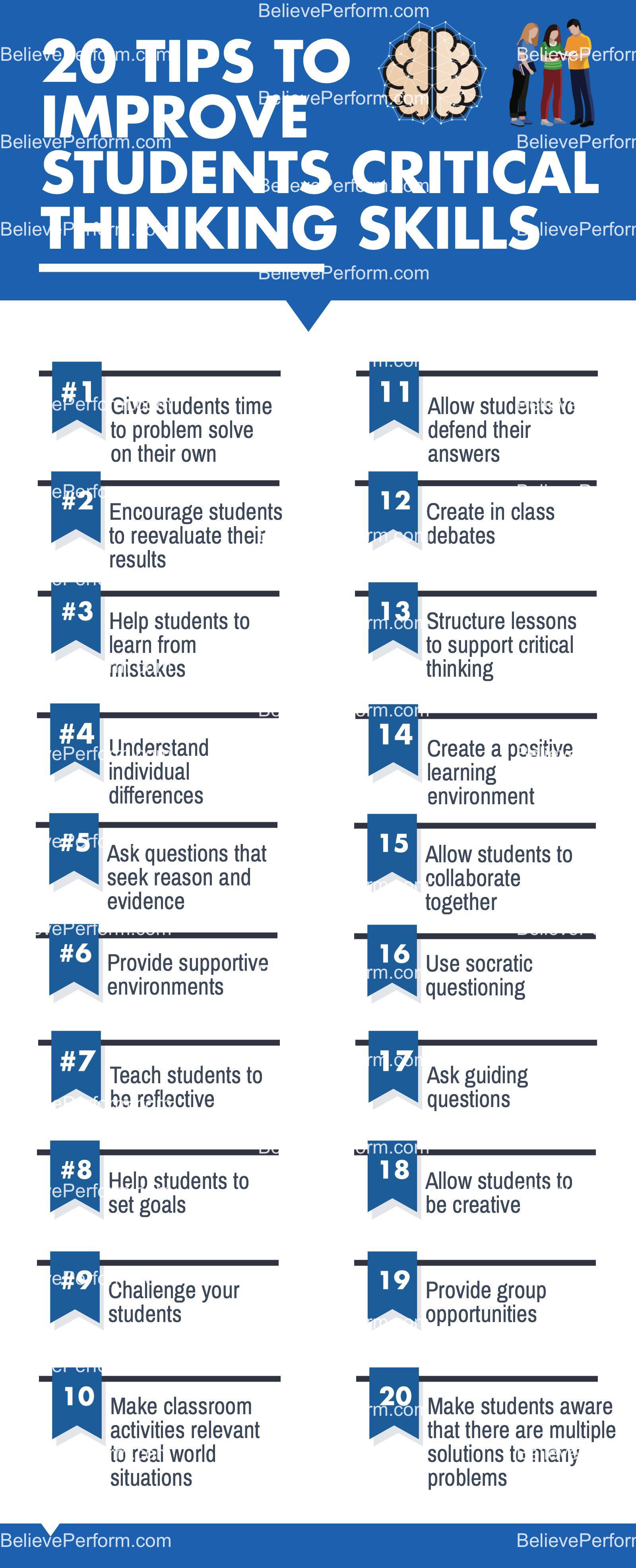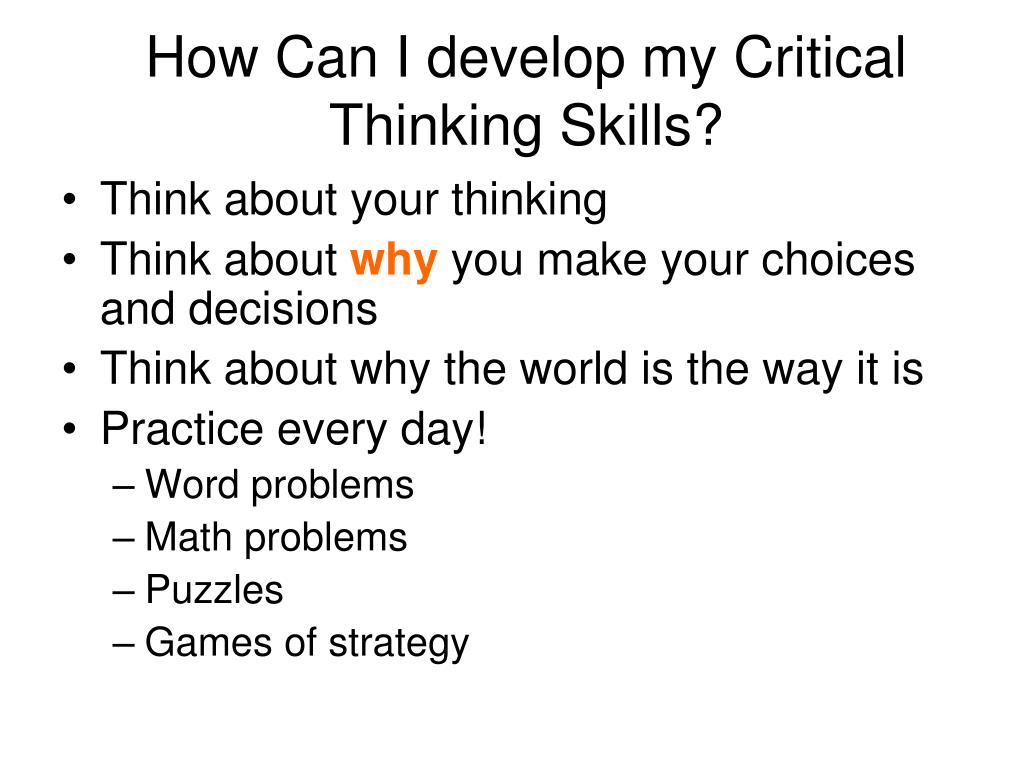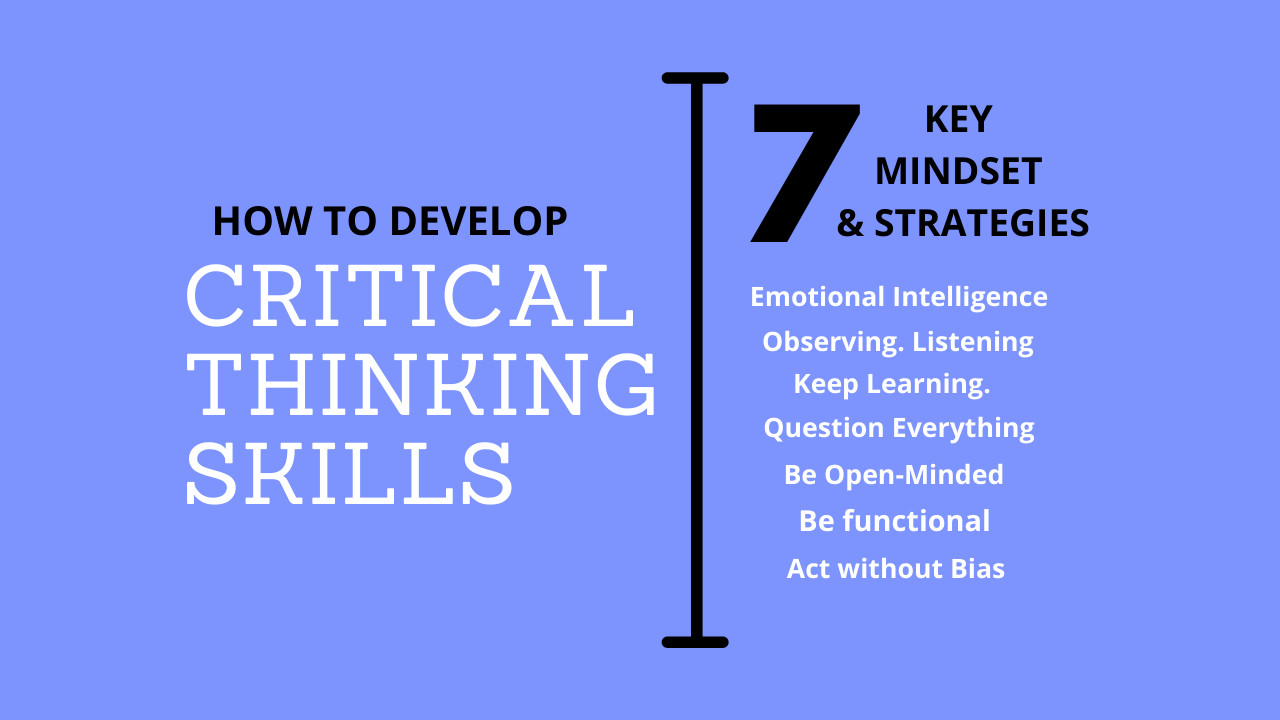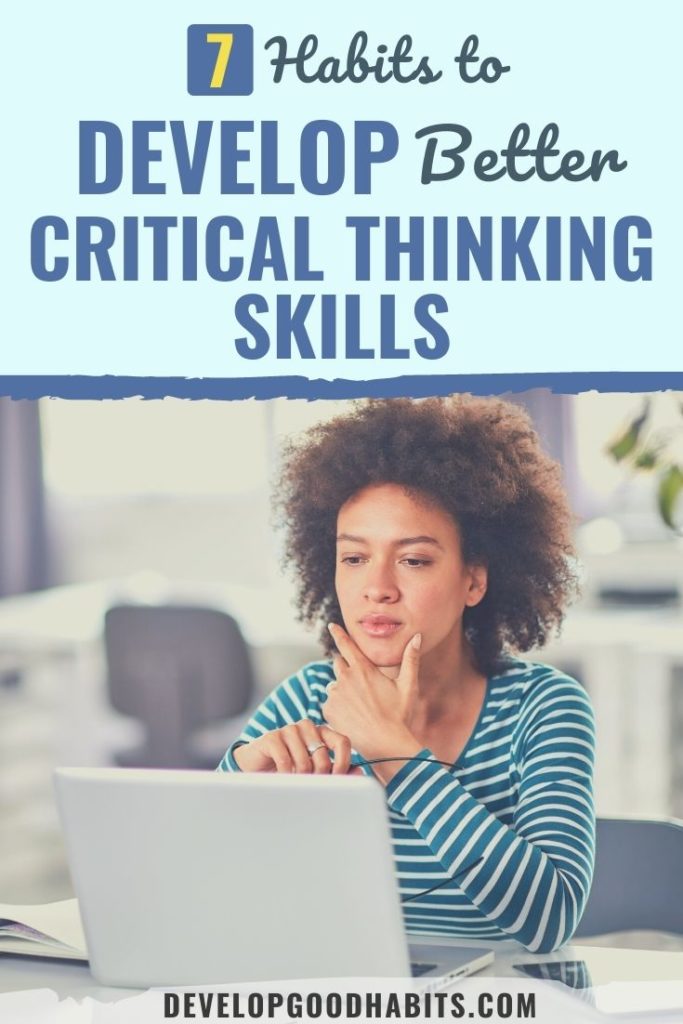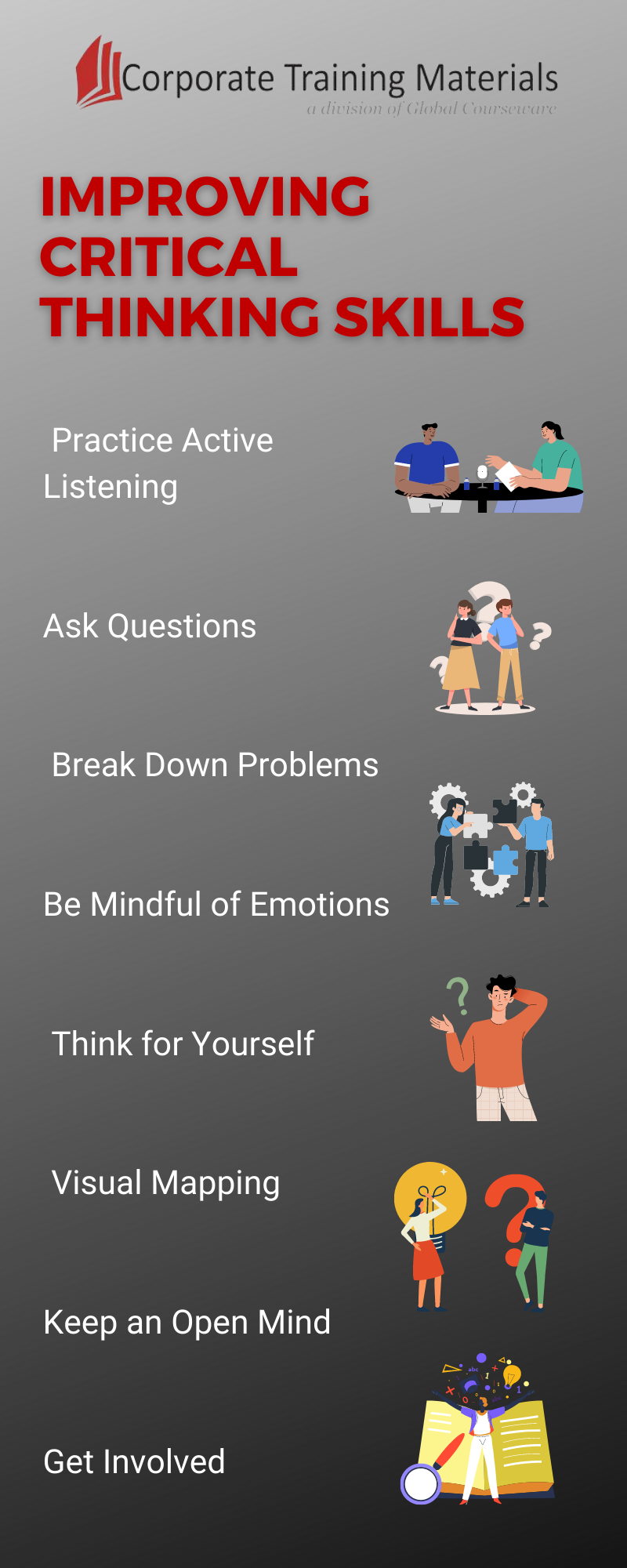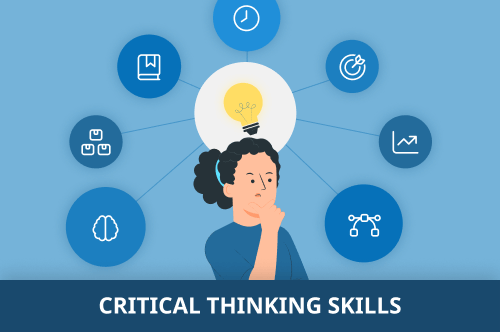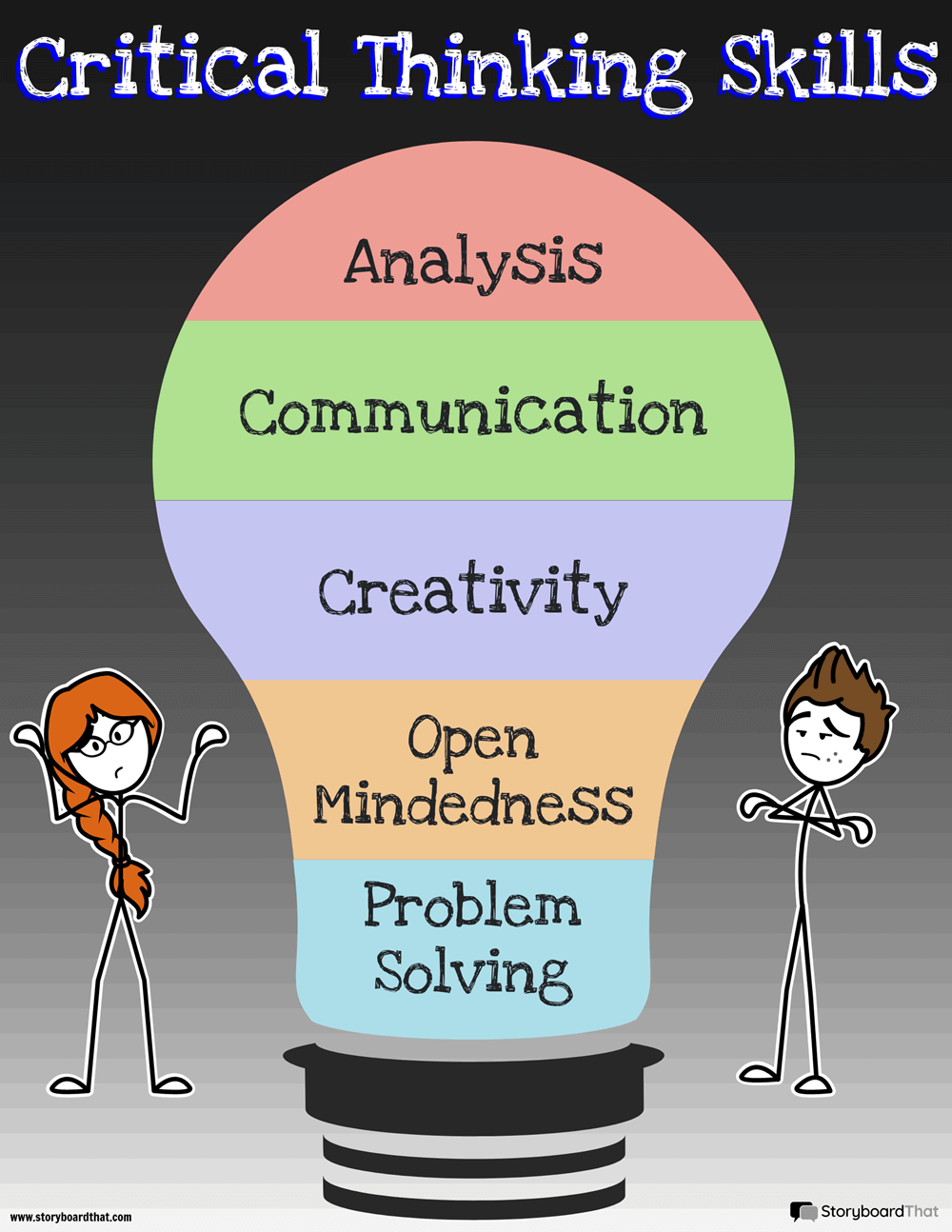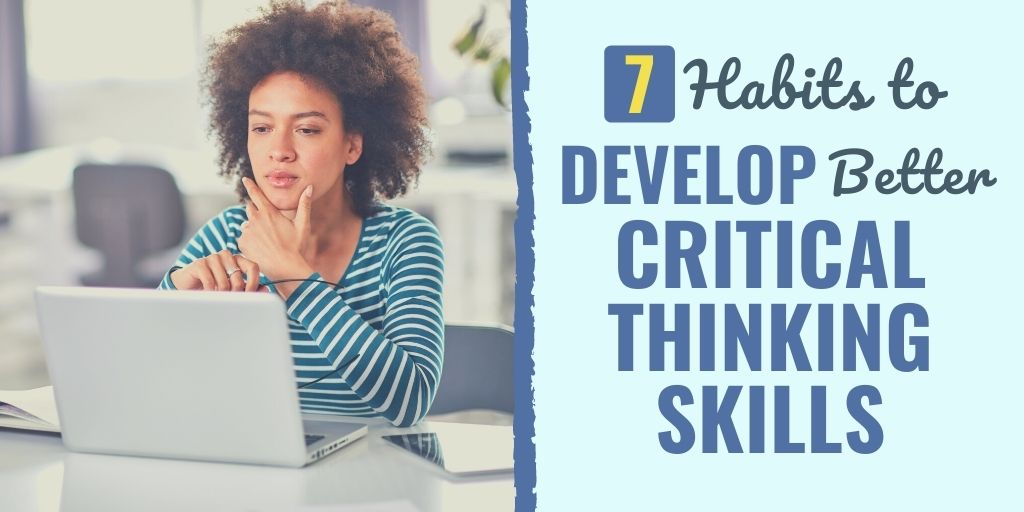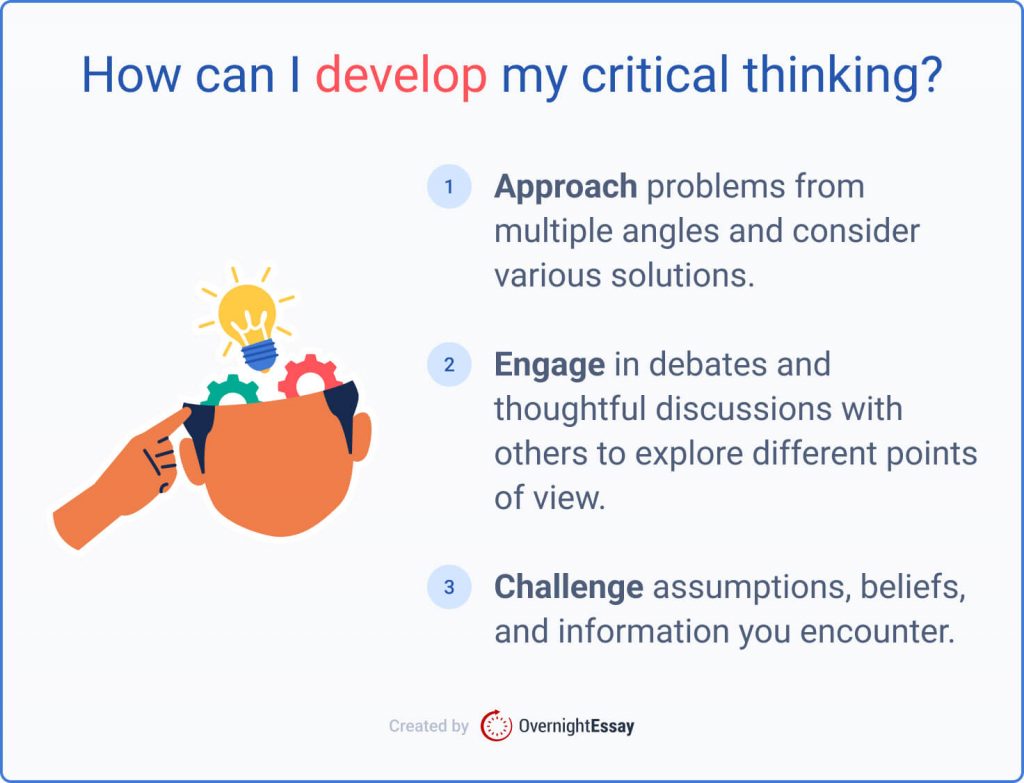How Can I Develop My Critical Thinking Skills

In an era defined by information overload and the constant barrage of competing narratives, the ability to discern truth from falsehood, analyze complex issues, and form well-reasoned judgments has never been more crucial. Critical thinking is no longer a desirable skill; it's a necessity for navigating the complexities of modern life, both personally and professionally. But how does one actively cultivate this essential faculty?
This article delves into the practical strategies and techniques individuals can employ to enhance their critical thinking skills. We'll explore proven methods for improving analytical reasoning, questioning assumptions, and fostering a more objective and informed perspective, drawing on insights from cognitive psychology, education, and practical application.
Understanding the Foundations of Critical Thinking
Critical thinking is more than just being skeptical. It involves a systematic approach to evaluating information and forming judgments based on evidence, logic, and reasoned analysis.
At its core, it encompasses skills like analysis, interpretation, inference, evaluation, explanation, and self-regulation, according to the American Psychological Association.
Questioning Assumptions: The First Step
One of the most fundamental aspects of critical thinking is the ability to question assumptions. We all carry inherent biases and preconceived notions that can cloud our judgment.
Actively challenging these assumptions requires a conscious effort to examine the basis of our beliefs and consider alternative perspectives, as highlighted in a study by Dr. Diane Halpern, a leading expert in critical thinking education.
To do this, regularly ask yourself, "What am I taking for granted? What evidence supports this belief? Are there other plausible explanations?"
Developing Analytical Reasoning Skills
Analytical reasoning involves breaking down complex information into smaller, more manageable parts to identify patterns, relationships, and underlying principles. This skill can be honed through various exercises and practices.
According to research from the Foundation for Critical Thinking, regular engagement with logic puzzles, case studies, and debates can significantly improve analytical abilities.
Furthermore, actively seeking out diverse sources of information and comparing different viewpoints can help sharpen your ability to identify biases and inconsistencies.
Cultivating Active Listening and Observation
Effective critical thinking relies on accurate and thorough information gathering. Active listening and careful observation are crucial components of this process.
Paying close attention to both verbal and nonverbal cues, asking clarifying questions, and summarizing key points can enhance comprehension and ensure a more complete understanding of the information being presented.
The ability to distinguish between factual statements and opinions is also paramount, as emphasized by Richard Paul, a prominent figure in the critical thinking movement.
Practical Strategies for Daily Application
Developing critical thinking skills is an ongoing process that requires consistent effort and practice. Fortunately, there are numerous practical strategies you can incorporate into your daily routine.
Engage in Regular Problem-Solving Activities
Whether it's tackling a complex work project or navigating a personal dilemma, approaching problems with a structured and analytical mindset can significantly enhance your critical thinking abilities. This could involve using frameworks like the Scientific Method, or simply brainstorming different solutions, then evaluating their potential consequences.
Practice Reflective Writing and Journaling
Taking the time to reflect on your thoughts, experiences, and decisions can provide valuable insights into your own biases and thought processes. Journaling can be a powerful tool for identifying patterns, analyzing arguments, and developing more reasoned judgments.
Regularly reviewing your entries and identifying areas where your thinking may have been flawed or biased can contribute to significant improvements over time.
Seek Out Diverse Perspectives and Engage in Constructive Dialogue
Surrounding yourself with people who hold different viewpoints and engaging in respectful, open-minded dialogue can challenge your assumptions and broaden your understanding of complex issues. This includes being willing to listen to, and understand, perspectives that challenge your own.
As the saying goes,
"Iron sharpens iron."Constructive disagreement can be a powerful catalyst for intellectual growth.
The Future of Critical Thinking
In an increasingly automated world, where algorithms and artificial intelligence are playing a greater role in decision-making, the importance of human critical thinking skills will only continue to grow.
The ability to analyze, interpret, and evaluate information, to question assumptions, and to form well-reasoned judgments will be essential for navigating the challenges and opportunities of the 21st century and beyond. Developing these skills is an investment in your future, both personally and professionally.
By actively engaging in the strategies outlined in this article, individuals can cultivate their critical thinking abilities and become more informed, effective, and resilient thinkers in an ever-changing world.
